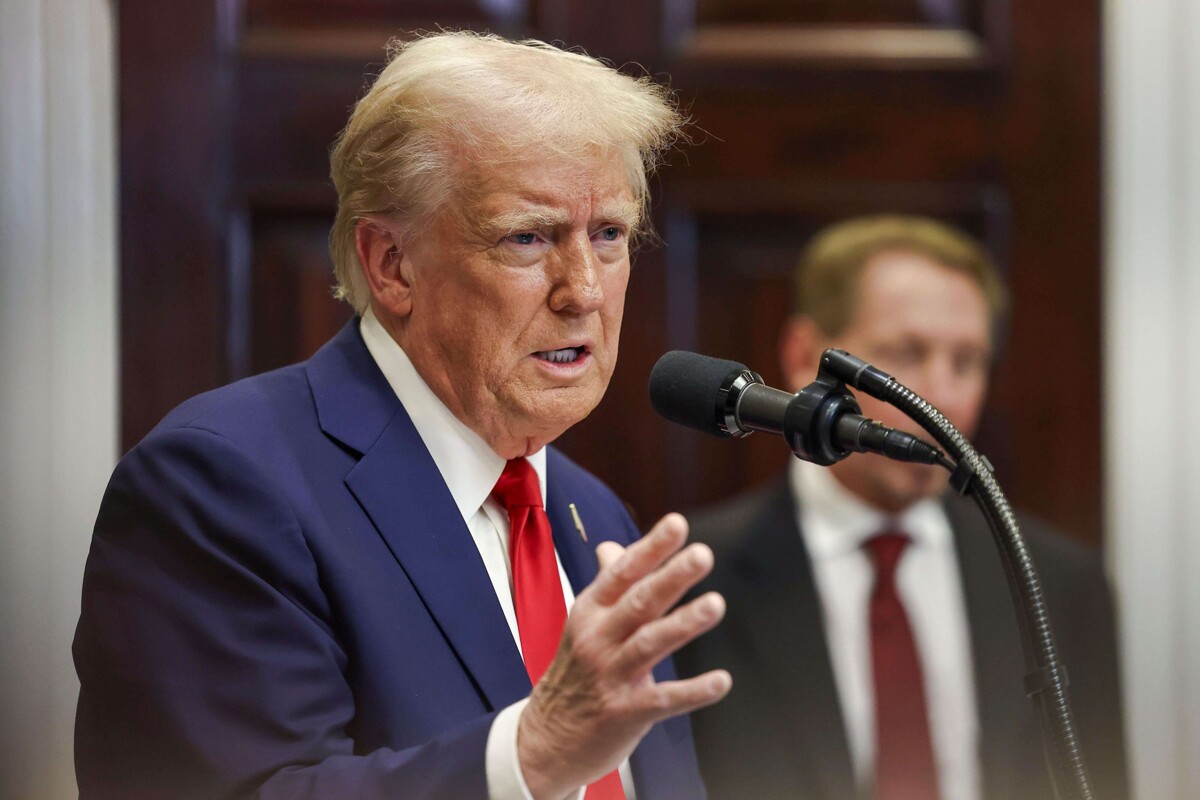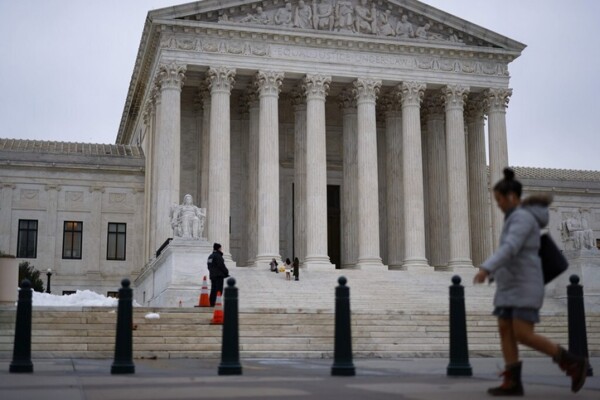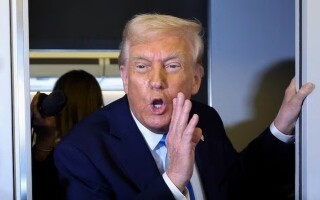
Massive raids will be carried out, detaining all individuals who appear Latino, regardless of whether they are citizens or not. They are expected to be spectacular, and the president advocates for reducing penalties. Trump thus becomes the first president convicted of crimes to occupy the White House. Protection against deportations is contemplated in the short term.
The Mexican government is studying how to respond with tariffs in reaction to these measures. The end of the free trade era and a resurgence of nationalism and protectionism are anticipated. This change implies a new geopolitics with more risks and uncertainty in the world. Trump's policies, driven by populism, reflect his indifference toward people, countries, and the global scene, backed by voters.
The deportation of entire families, including American children, is considered a violation of human rights. Trump and his officials show no concern for this propagandistic and massive aspect of the raids. On the other hand, tariffs are planned to be implemented starting February 1, although the affected products are still being determined.
The pardon granted to supporters urged to stop the 'electoral fraud' and the signed executive orders aim to demonstrate leadership and power, even if they generate incidents. The possibility of reversing the 2027 elections in the event of economic decline and actions against Mexican cartels raise constitutional questions. The rejection of immigration measures by local authorities and the militarization of the border for restrictive purposes are controversial issues.
The militarization of the border seeks to contain migration, although alternative means of entry have been evidenced. Meanwhile, cities like Los Angeles face reconstruction challenges after devastating fires. Labor shortages and migration are seen as solutions, while possible repercussions in the markets are discussed. ICE focuses on cities with high migrant populations such as Chicago.
The authoritarian leadership of various heads of state internationally and Trump's protectionist approach mark a new era. Immigration, tariff, and security policies reflect the priority of maintaining control and national protection. The implementation of tariffs as a controversial measure with inflationary and trade repercussions is questioned. The militarization of the border is proposed as a control measure, but risks of violence and excesses are anticipated.
In conclusion, the agenda driven by Trump on immigration, tariff, and security issues points to a significant change in international relations. The unilateralism of his decisions and his military focus generate concern and criticism both nationally and internationally. The implementation of these policies will mark a milestone in contemporary history, defining a new geopolitical and economic landscape on a global level.














